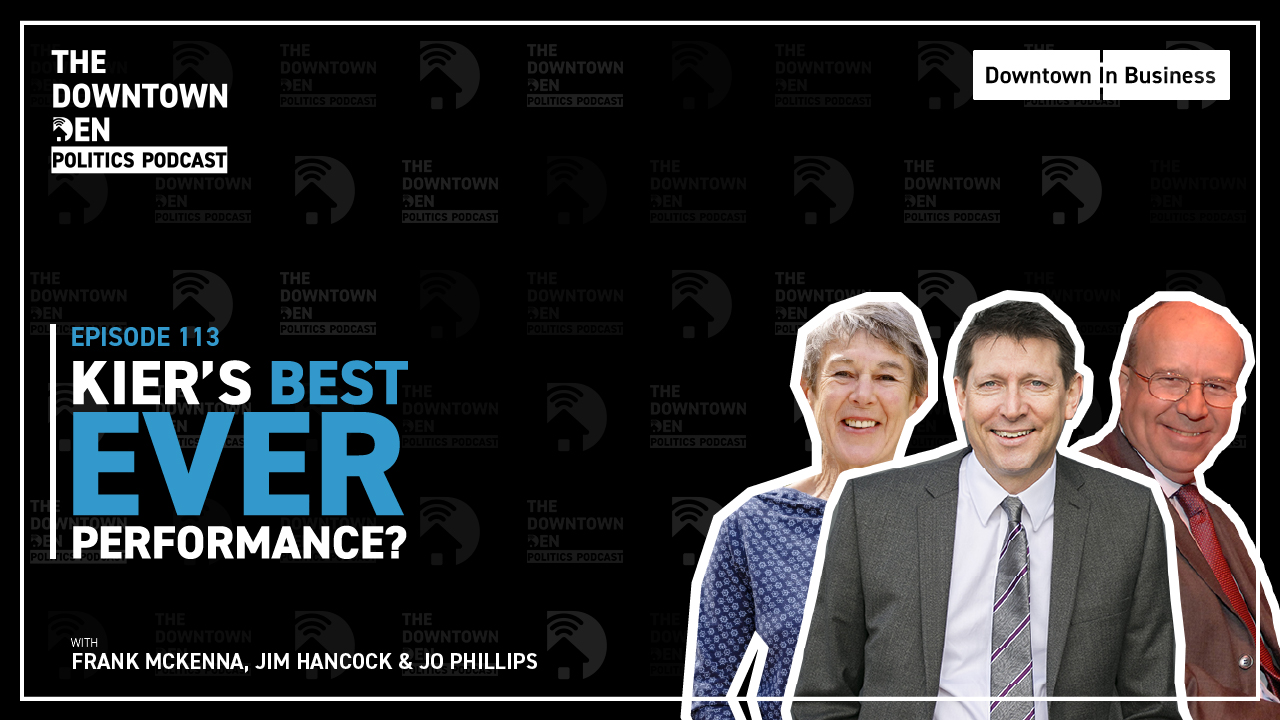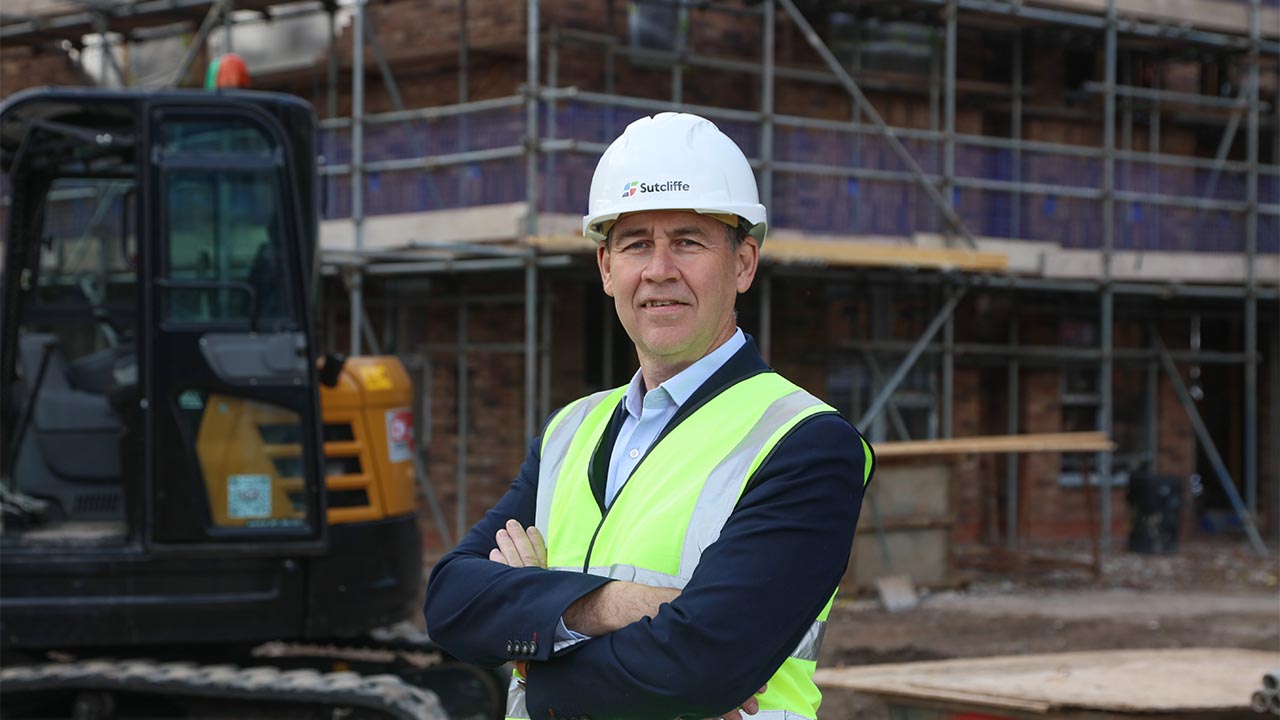“This budget marked a major test for the Chancellor, as she faced the challenge of ensuring future economic stability while addressing a large financial shortfall. At the same time, she was tasked with delivering a major manifesto promise to build £1.5m new homes during the government’s premiership. Sir Keir Starmer has been very clear about the urgent need to increase the UK’s housing stock, and this budget signalled its commitment to making good on that promise by investing £5bn. While targeted tax reforms, when invested in more sustainable housing developments, could provide long term economic benefits, I remain slightly cautious from a business owner’s perspective.
Employer’s national insurance contributions are already the country’s second-largest revenue stream, so any increase is going to place additional pressure on employers operating in already challenging markets. I am concerned that this added burden may hinder growth, slow job creation, and reduce the likelihood of investment in key areas. The increase in capital gains tax by 24% collectively, for example, could disproportionately impact developers, which is counterproductive; as profit margins narrow, developers may be deterred from pursuing certain projects. That said, if these measures succeed in regenerating local communities and even paving the way for a more sustainable, zero-energy bill future, then this budget may prove to be less ‘painful’ than first imagined, though there’s no denying that I would have preferred to see this funded without increasing these taxes.”








